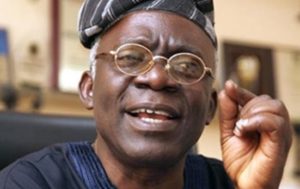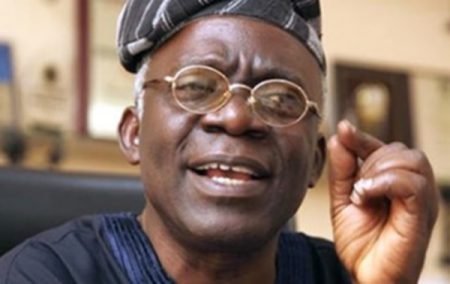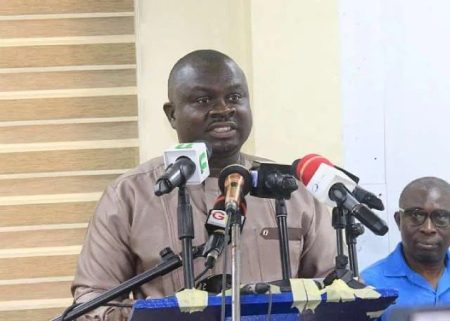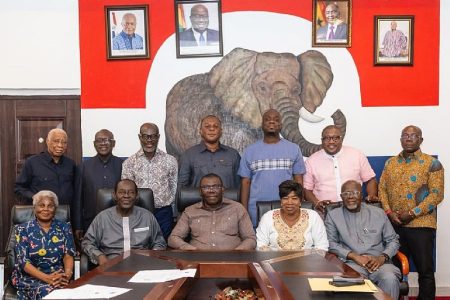The Member of Parliament for Kwabre East, Hon. Kwasi Gyamfi Onyina-Acheampong, a newly elected member of the New Patriotic Party (NPP), has voiced concerns about the impartiality of Speaker Alban Sumana Bagbin in managing parliamentary debates. In an interview on Hot 93.9FM’s “This Week In Parliament,” Onyina-Acheampong alleged that the Speaker exercises a degree of selectivity in choosing which MPs are granted the floor, prioritizing experienced and articulate speakers over others. He suggested this practice potentially stifles the voices of less experienced or eloquent members, raising questions about equitable representation and the opportunity for all MPs to contribute to parliamentary discourse. Onyina-Acheampong’s comments offer a glimpse into the internal dynamics of parliamentary proceedings and the influence of the Speaker in shaping debates.
Onyina-Acheampong emphasized that simply being present in the chamber and raising one’s hand does not guarantee the opportunity to speak. He portrayed the Speaker’s role as actively curating the debate, selecting those perceived as competent and capable of contributing meaningfully. According to the Kwabre East MP, this selection process is driven by a desire to maintain the quality of debate and avoid potential embarrassment for individual MPs and the institution as a whole. He implied that the Speaker prefers to call upon members known for their eloquence and command of parliamentary procedures.
The MP used the example of himself and Kojo Oppong Nkrumah, a seasoned parliamentarian and communicator, simultaneously seeking recognition to speak. He acknowledged that the Speaker would likely favor Oppong Nkrumah due to his established reputation for articulate and effective communication. Onyina-Acheampong’s analogy underscored his perception of the Speaker’s preference for seasoned speakers, potentially at the expense of newer members seeking to contribute. This practice, while arguably aimed at maintaining decorum and efficiency, raises concerns about fair representation and the development of newer MPs.
This perceived bias towards experienced speakers, while potentially contributing to a smoother and more efficient parliamentary process, could also be interpreted as limiting the opportunities for less experienced MPs to develop their debating skills and contribute their perspectives. The Speaker’s discretionary power in managing debates, while necessary for maintaining order and ensuring productive discussions, can also be seen as a potential barrier for newer members seeking to find their voice and contribute effectively to the parliamentary process. This dynamic highlights the inherent tension between ensuring the quality of debate and providing equal opportunities for all members to participate.
The implications of this selective approach to managing parliamentary discourse are multifaceted. On one hand, it ensures that debates are conducted at a high level, featuring articulate and well-informed contributions. This can contribute to the efficiency and effectiveness of the legislative process, allowing for focused discussions and informed decision-making. On the other hand, it can create a hierarchy within the parliament, where some voices are prioritized over others, potentially discouraging less experienced members from actively participating and developing their skills. This raises questions about the inclusivity of the parliamentary process and the ability of all elected representatives to effectively represent their constituents.
Onyina-Acheampong’s comments provide insight into the complexities of parliamentary procedure and the significant influence of the Speaker in shaping the flow of debate. The balance between maintaining order and efficiency while ensuring equitable representation is a delicate one. While the Speaker’s experience and judgment are crucial in managing the parliamentary process, it is essential that all members, regardless of their experience or perceived eloquence, are given opportunities to contribute to the legislative process and represent the interests of their constituents. This requires a nuanced approach that recognizes the value of experience while also fostering the development of newer members and ensuring that all voices are heard. Further discussion and reflection on these dynamics are crucial for ensuring a vibrant and truly representative parliamentary system.














